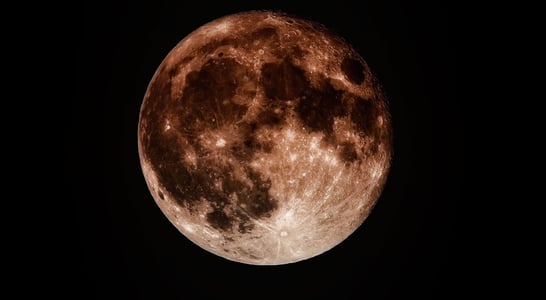
Tu BiShvat
A Jewish holiday celebrating the "New Year for Trees" and the renewal of nature, reflecting on our relationship with the environment.
Also known as the Jewish New Year for Trees, Tu BiShvat is a holiday that celebrates the beginning of a new agricultural year in Israel. It’s typically observed on the 15th day of the Hebrew month of Shevat and is a time for celebrating the beauty and abundance of nature and the important role that trees play in the ecosystem.
How to Observe Tu BiShvat
Tu BiShvat is celebrated by Jews around the world, although it is particularly significant in Israel where it is considered a minor holiday, and is observed by planting trees, eating fruit, and participating in other activities that connect people to the natural world.
In Israel, Tu BiShvat is often marked by public events, such as tree planting ceremonies, nature hikes, and fruit festivals. Jewish communities in other countries may also celebrate the holiday through similar activities, or by hosting educational events and discussions about environmental issues. Celebrate Tu BiShvat by taking part in these activities:
Plant a Tree
One of the most traditional ways to mark Tu BiShvat is by planting a tree. This can be done as a personal or community project, and can be as simple as planting a tree in your own backyard or participating in a larger tree planting ceremony organized by a local environmental group, which serves as a meaningful way to connect with the natural world and contribute to the health of the environment.
Eat Fruit
Another common way to celebrate Tu BiShvat is by eating fruit, particularly the seven species of crops that are native to Israel: wheat; barley; grapes; figs; pomegranates; olives; and dates. These crops are considered especially significant in Jewish tradition and are often featured in Tu BiShvat celebrations. You can celebrate by eating these fruits or by trying new and interesting varieties of fruit that you haven’t tasted before.
Learn About the Environment
Tu BiShvat is a great opportunity to learn about ways to protect the planet. You can participate in educational events or discussions, or research environmental topics on your own. You might also consider getting involved in local conservation efforts, such as beach clean-ups or habitat restoration projects.
Spend Time in Nature
One of the most enjoyable ways to celebrate is by spending time in nature. This could mean going for a hike, visiting a nature reserve, or simply spending time at a local park. Taking in the beauty of the natural world is a great way to observe the holiday’s themes of appreciation for the environment.
History of Tu BiShvat
The origins of Tu BiShvat can be traced back to the Talmud, a central text in Judaism, which refers to the 15th day of Shevat as the New Year for Trees. In the Middle Ages, Jewish communities in the Land of Israel began to celebrate the holiday by planting trees and eating fruit.
In modern times, Tu BiShvat has gained more recognition as an environmental holiday, with many Jewish communities around the world participating in tree planting and conservation efforts to mark the occasion. The holiday has also been embraced by the wider Israeli society as a way to celebrate the country’s natural beauty and the importance of sustainability.
Today, Tu BiShvat is an opportunity for Jewish people to contemplate their heritage and the natural world, and to reflect on their role in protecting the environment.
Also on ...
View all holidaysNational Yorkshire Pudding Day
Golden brown and crispy on the outside, soft and doughy on the inside — the perfect accompaniment to any roast dinner!
National Baked Alaska Day
Picture a crispy golden exterior, followed by a layer of cool, creamy ice cream. Top it off with a blow-torched meringue for a heavenly dessert!
World Hijab Day
Hijab is a style of modest dress that has been part of the Muslim religious faith for hundreds of years. More than just women wearing a head covering, though that is part of it, hijab dress is an important part of lifestyle for both men and women of faith.








